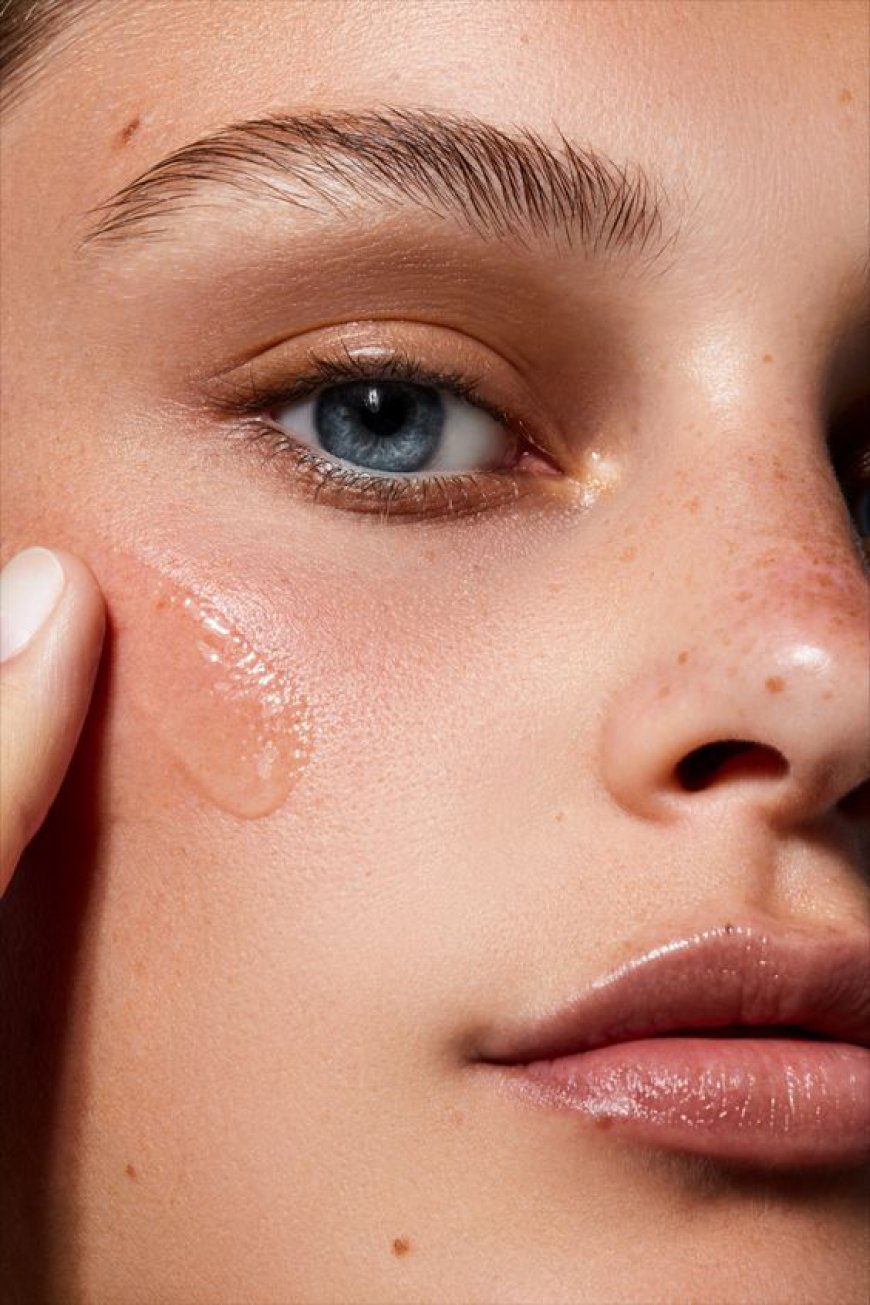Rosacea: More Than Skin Deep - Understanding Causes and Effective Care

Rosacea is a common but often misunderstood skin condition that can significantly impact one's quality of life. Characterized by persistent redness, visible blood vessels, and sometimes pimples on the face, rosacea affects millions of people worldwide. However, this condition goes beyond mere cosmetic concerns; it can affect emotional well-being and social interactions. Understanding the causes and implementing effective care strategies are crucial steps in managing Rosacea Treatment in Dubai
What is Rosacea?
Rosacea is a chronic inflammatory skin disorder primarily affecting the face, particularly the cheeks, nose, forehead, and chin. It typically manifests as redness, flushing, and sometimes acne-like bumps. There are several subtypes of rosacea, including:
- Erythematotelangiectatic Rosacea (ETR): Characterized by redness and visible blood vessels.
- Papulopustular Rosacea: Similar to acne, this type includes red bumps and pustules.
- Phymatous Rosacea: Involves thickening of the skin, often affecting the nose, leading to a bulbous appearance.
- Ocular Rosacea: Affects the eyes, causing redness, irritation, and swollen eyelids.
Causes of Rosacea
The exact cause of rosacea remains unclear, but several factors are thought to contribute to its development:
1. Genetics
There is evidence to suggest that rosacea may run in families. If you have a relative with the condition, you might be at a higher risk of developing it yourself.
2. Immune System Dysfunction
An overactive immune response may play a role in the inflammation associated with rosacea. This dysregulation could lead to an exaggerated reaction to certain triggers, causing flare-ups.
3. Environmental Factors
Various environmental factors can exacerbate rosacea symptoms. Common triggers include:
- Sun exposure: UV rays can cause skin damage and trigger inflammation.
- Extreme temperatures: Hot or cold weather can provoke redness and flushing.
- Wind: Harsh winds can irritate the skin, leading to flare-ups.
4. Lifestyle Factors
Certain lifestyle choices can contribute to rosacea development or worsen existing symptoms. These include:
- Diet: Spicy foods, alcohol, and hot beverages are known triggers for some individuals.
- Stress: Emotional stress can cause flushing and worsen symptoms.
- Hormonal changes: Fluctuations in hormones, particularly in women during menopause, can lead to increased rosacea flare-ups.
5. Microorganisms
Research has shown a potential link between rosacea and the presence of the Demodex folliculorum mite, which lives on the skin. While these mites are usually harmless, their overpopulation in rosacea patients may contribute to inflammation and irritation.
Effective Care and Management
While there is no cure for rosacea, several effective care strategies can help manage the condition and minimize symptoms.
1. Identifying Triggers
Understanding what triggers your rosacea is crucial for effective management. Keep a diary to track flare-ups and identify patterns related to specific foods, weather conditions, or stress levels. Once identified, you can take steps to avoid these triggers.
2. Gentle Skin Care Routine
Using a gentle skincare routine is essential for rosacea management. Opt for:
- Fragrance-free products: Fragrances can irritate sensitive skin, so choose products labeled as hypoallergenic or designed for sensitive skin.
- Mild cleansers: Avoid harsh scrubs or exfoliants. Instead, use a gentle cleanser to avoid irritation.
- Moisturizers: Hydrating products can help soothe the skin and reduce dryness, which can exacerbate rosacea.
3. Sun Protection
Protecting your skin from the sun is vital. Use a broad-spectrum sunscreen with an SPF of at least 30 daily, even on cloudy days. Wearing wide-brimmed hats and seeking shade can further protect your skin from UV rays.
4. Topical Treatments
Topical medications can help control rosacea symptoms. Common options include:
- Metronidazole: An antibiotic that reduces inflammation and redness.
- Azelaic acid: Helps reduce inflammation and improve skin texture.
- Ivermectin: Targets the Demodex mites and reduces inflammation.
5. Oral Medications
In more severe cases, dermatologists may prescribe oral antibiotics like doxycycline or minocycline to help control inflammation and reduce symptoms.
6. Laser and Light Therapies
For individuals with persistent redness and visible blood vessels, laser and light therapies can be effective. These treatments help reduce redness and improve skin texture by targeting dilated blood vessels.
7. Lifestyle Modifications
Making certain lifestyle changes can help manage rosacea. Consider:
- Diet adjustments: Identify and eliminate trigger foods from your diet. Incorporate more anti-inflammatory foods, such as fruits, vegetables, and omega-3 fatty acids.
- Stress management: Engage in stress-reducing activities like yoga, meditation, or exercise to help minimize flare-ups.
Conclusion
Rosacea is more than a skin deep issue; it can profoundly affect a person’s emotional well-being and social interactions. By understanding the causes and triggers of this condition, individuals can take proactive steps to manage symptoms effectively. A combination of lifestyle changes, a gentle skincare routine, and appropriate medical treatments can significantly improve the quality of life for those living with rosacea. If you suspect you have rosacea or are struggling to manage it, consult a dermatologist for personalized care and support.
